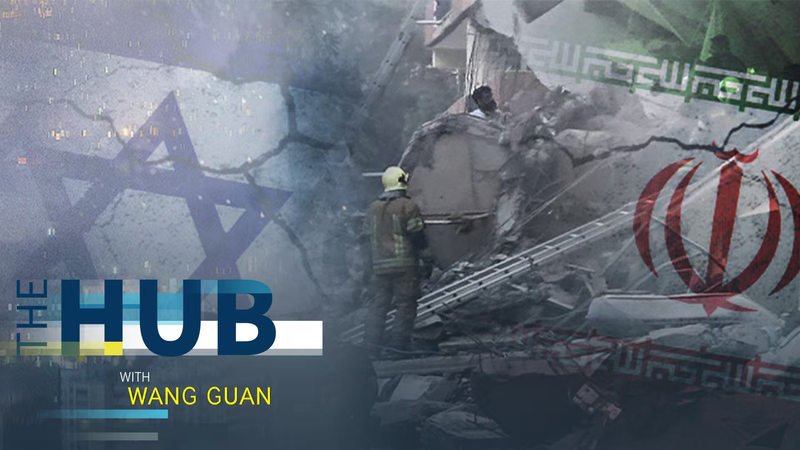On [Date], Israel launched Operation Rising Lion, sending over 200 warplanes and some 300 missiles deep into Iranian territory. The strike reportedly hit senior commanders and nuclear scientists, sending shockwaves across the region.
With Iran vowing a "powerful response," leaders and analysts are asking tough questions: Was this a preemptive blow to emerging threats, or the opening move in a broader strategy? We tapped three voices to unpack the fallout.
Mohammad Marandi on the Preemptive Angle
Mohammad Marandi, professor at Tehran University, views the strike as an attempt to neutralize critical assets before they become operational. "By targeting these sites now, Israel aims to delay Iran's capabilities and shift the balance of power," he says.
Zhou Rong on Economic and Regional Ripples
Senior analyst Zhou Rong from the Chongyang Institute for Financial Studies at Renmin University of China points out the immediate market jitters. Energy prices spiked and Gulf bourses dipped as investors braced for uncertainty. "Every escalation feeds through global supply chains and trade routes," she warns.
Einar Tangen on the Risk of Wider Conflict
Einar Tangen, senior fellow at the Taihe Institute and chair of Asia Narratives Substack, sounds a cautionary note: "If regional players align with either side, we could see a chain reaction of alliances and counterattacks. Diplomacy must act fast to prevent a broader war."
As the dust settles on Operation Rising Lion, the world watches closely: Can diplomatic channels still steer the region away from all-out conflict, or are we on the brink of a new chapter in Middle East tensions? Share your thoughts below.
Reference(s):
cgtn.com




